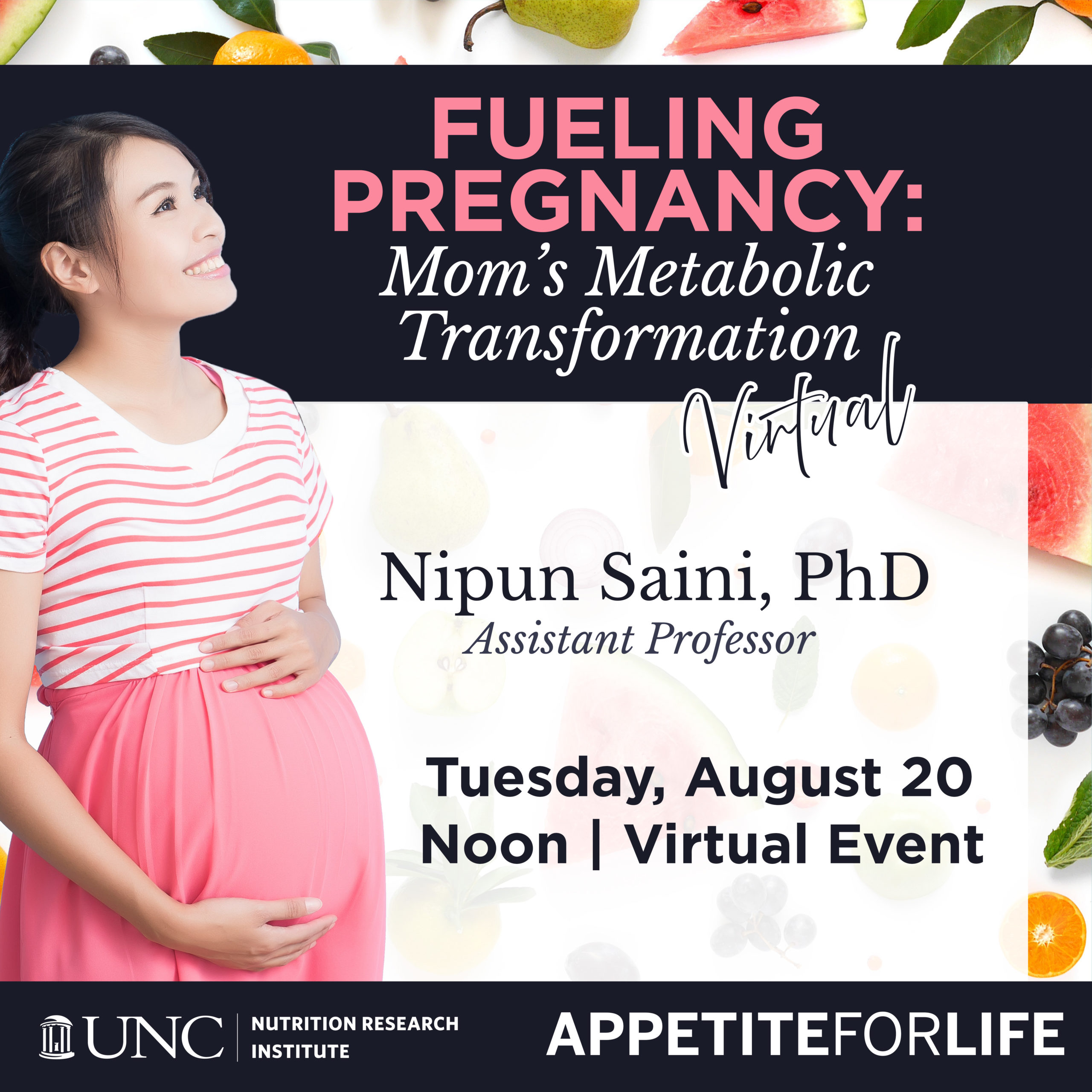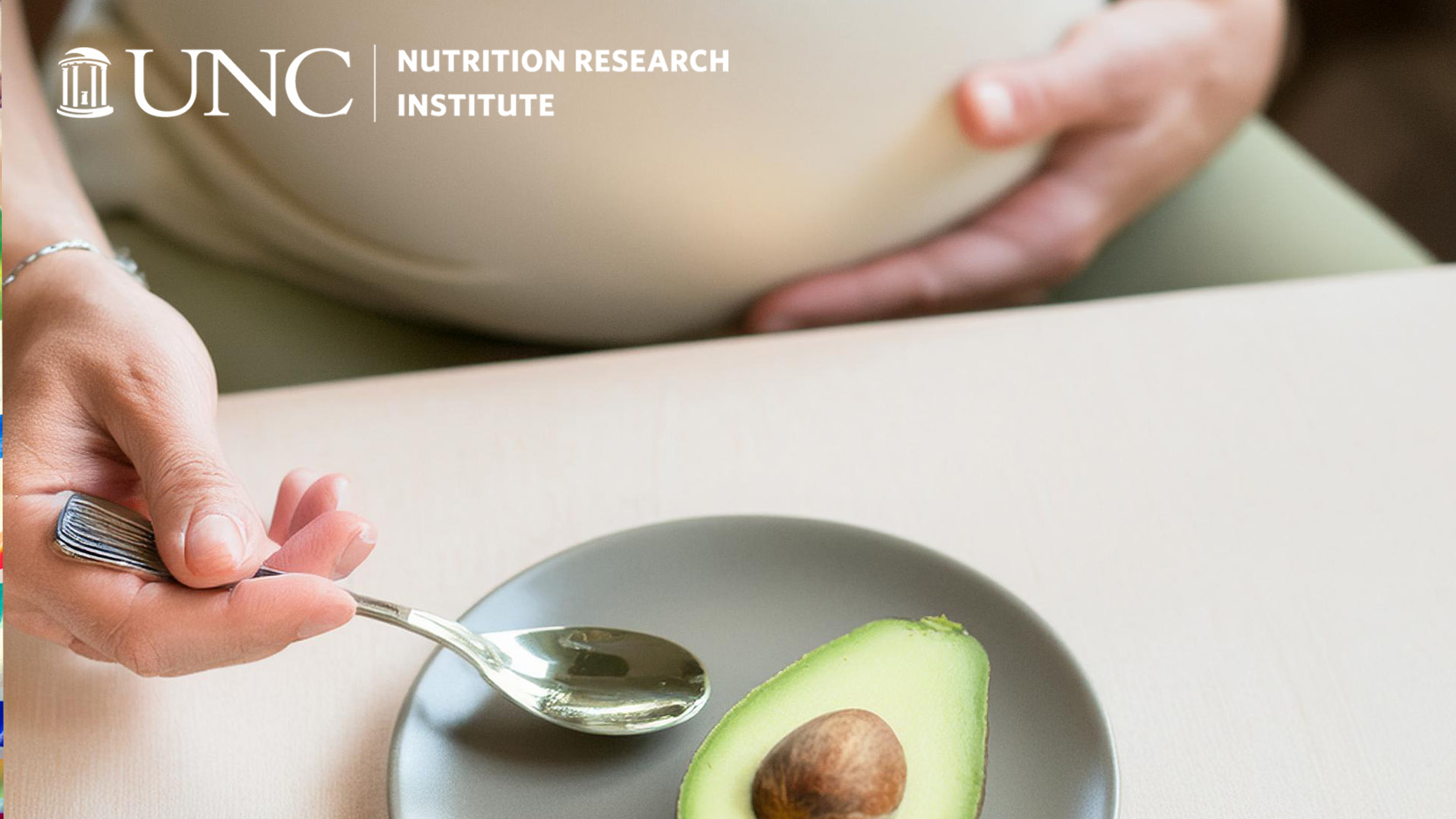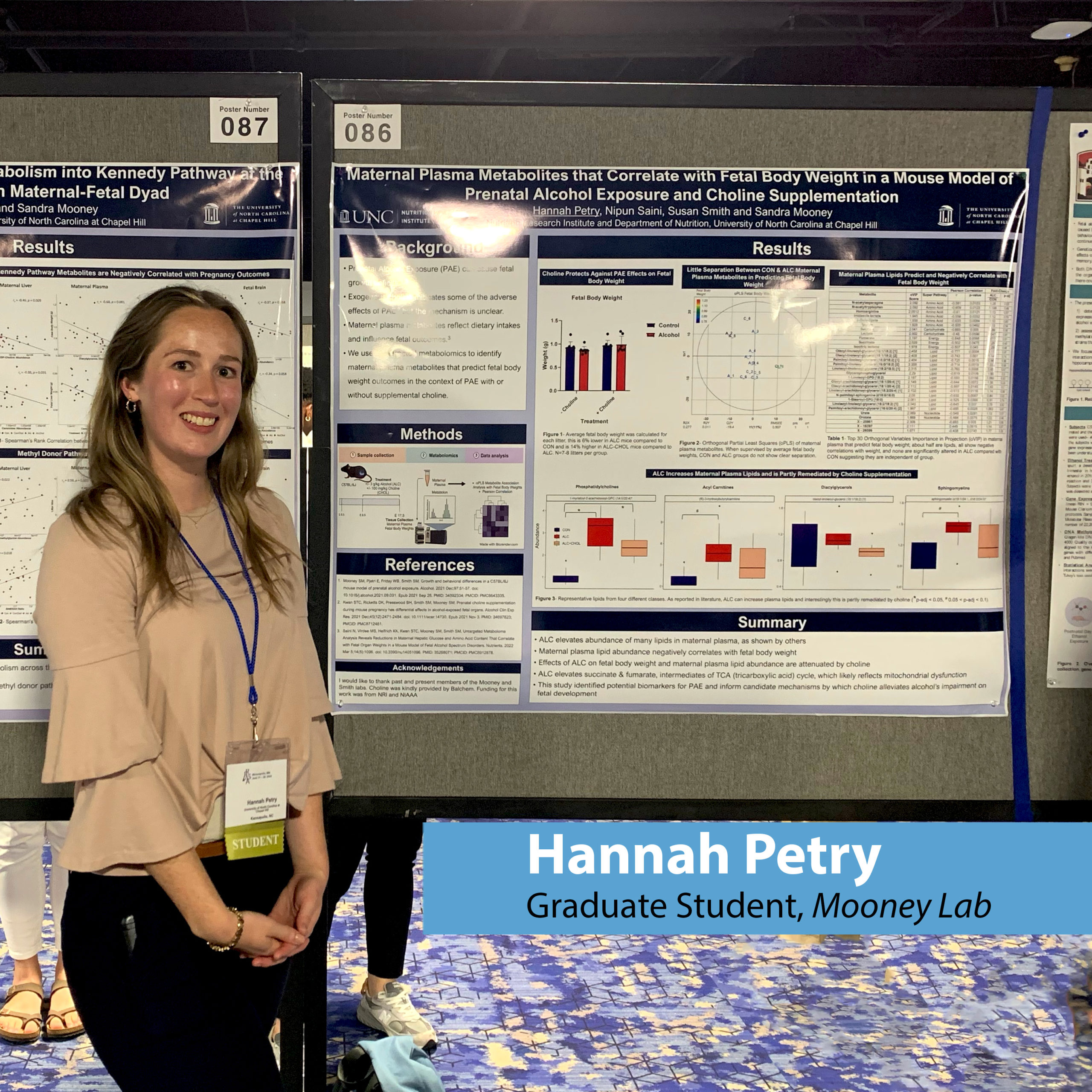Environment and Nutrition
Beginning at conception, environmental factors in health can accumulate over a lifetime and be from sources as broad as geographic location and economic status to specific external sources including physical activity, occupation, risky behaviors and diet. But some of these factors, especially in terms of diet are highly modifiable.
Important research is now being conducted on this concept of the “exposome,” as an environmental complement to the human genome. NRI researchers are learning how diet and other environmental exposures interact with disease and affect responses to treatment.
Publications
Environment and Nutrition Publications
2020
Precision (Personalized) Nutrition: Understanding Metabolic Heterogeneity. Zeisel S
Perspective: Dietary Biomarkers of Intake and Exposure-Exploration with Omics Approaches. Zeisel S
2019
Obesity and Cancer Metabolism: A Perspective on Interacting Tumor-Intrinsic and Extrinsic Factors. Hursting S
When less may be more: calorie restriction and response to cancer therapy. Hursting S
Energy balance and obesity: what are the main drivers? Hursting S
Metabolic Reprogramming by Folate Restriction Leads to a Less Aggressive Cancer Phenotype. Krupenko S
Early-Life Predictors of Fetal Alcohol Spectrum Disorders. May P
Alcohol’s Dysregulation of Maternal-Fetal IL-6 and p-STAT3 Is a Function of Maternal Iron Status. Smith S
2018
Energy balance and gastrointestinal cancer: risk, interventions, outcomes and mechanisms. Hursting S
Research Strategies for Nutritional and Physical Activity Epidemiology and Cancer Prevention. Hursting S
2017
Metabolic Reprogramming by Folate Restriction Leads to a Less Aggressive Cancer Phenotype. Krupenko S
Contribution of Dietary Supplements to Nutritional Adequacy in Various Adult Age Groups. Zeisel S
2016
CerS6 Is a Novel Transcriptional Target of p53 Protein Activated by Non-genotoxic Stress. Krupenko N
Abnormal Eating Behaviors Are Common in Children with Fetal Alcohol Spectrum Disorder. Smith S
Impact of a western diet on the ovarian and serum metabolome. Sumner S
Metabolomics enables precision medicine: “A White Paper, Community Perspective”. Sumner S
Related News
VIP 2024: Empowering the Next Generation of Nutrition Researchers
In June, we completed our fifth annual Virtual Internship Program (VIP), showcasing the outstanding work of 25 high school students from across the country. This program for rising ninth graders to rising college freshman provides an excellent opportunity for students...
Fueling Pregnancy: Mom’s Metabolic Transformation
BRAINS Avocado Study
The purpose of this study is to show how nutrition helps babies grow and learn.
2024 VIP Student Journal
Discover How NRI Graduate Student Fights Fetal Alcohol Spectrum Disorder
Hannah Petry, a third-year doctoral student at the UNC Nutrition Research Institute, was recently awarded one of only eight prestigious travel awards. This award granted her the opportunity to present her groundbreaking research at the Fetal Alcohol Spectrum Disorders...
Savor Summer: Healthy Picnic Recipes for Outdoor Adventures
With summer in full swing, it’s the perfect time to get outdoors and enjoy nature. What better way to do that than by enjoying a picnic? Making your own picnic offers a healthy alternative to takeout during busy summer months, and provides an opportunity to enjoy...






